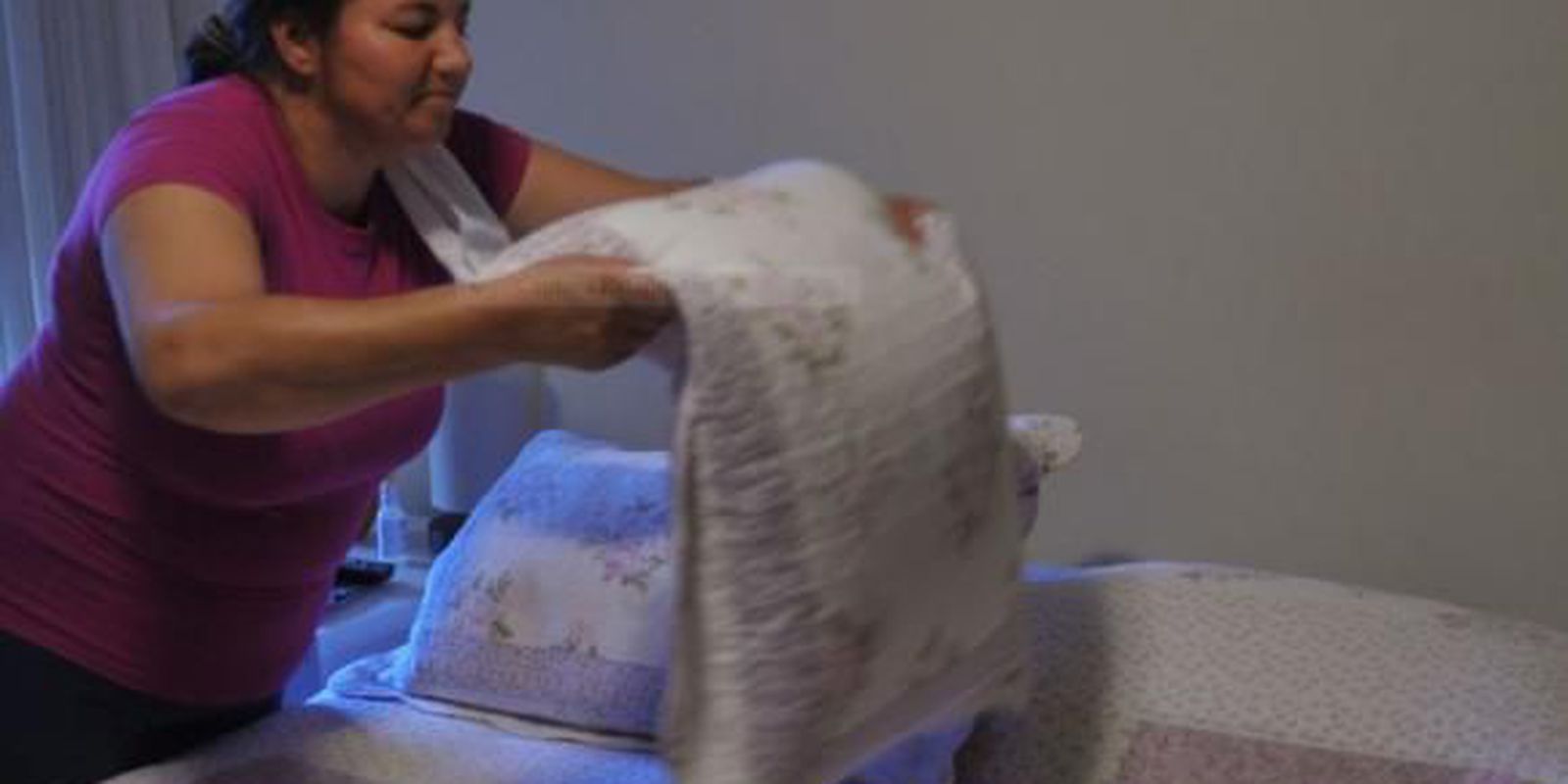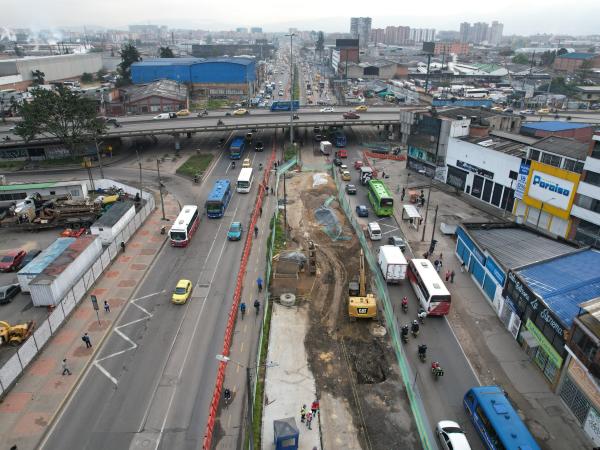A survey by the Inter-Union Department of Statistics and Socioeconomic Studies (Dieese) shows that the average monthly income of women in the Brazilian labor market is 21% lower than that of men – R$3,305 for women and R$2,909 for men. The data, released this Monday (6), are based on the Continuous National Household Sample Survey (PnadC), carried out by the Brazilian Institute of Geography and Statistics (IBGE) in the third quarter of 2022.
Even in sectors of activity where women are the majority, on average, they earn less. In domestic services, female workers occupy around 91% of vacancies, and the salary is 20% lower than that of men. In education, health and social services, women represent 75% of the total and have average incomes 32% below those received by men.
In the domestic services sector, women with less than one year of study receive R$819; with incomplete primary education, R$972; with complete primary education, R$ 1,092; with incomplete high school, R$926; with a complete medium, R$ 1,087; with incomplete higher education, R$ 1,120; and with complete higher education, R$ 1,257.
In the same sector, men with less than one year of study receive R$ 1,061; with incomplete primary education, R$ 1226; with complete primary education, R$ 1,386; with incomplete high school, R$986; with a complete medium, R$ 1,470; with incomplete higher education, R$ 1,156; and with complete higher education, R$ 1,771.
In the areas of education, health, and social services, women with less than one year of study receive R$1,565; with incomplete primary education, R$ 1,333; with complete fundamental, R$ 1,358; with incomplete high school, R$ 1,261; with a complete medium, R$ 1,718; with incomplete higher education, R$ 1,840; and with complete higher education, R$ 4,063.
With less than a year of study, men who work in these areas receive R$ 1,928; with incomplete primary education, R$ 1,750; with complete fundamental, R$ 1,551; with incomplete high school, R$ 1,554; with a complete medium, BRL 2,076; with incomplete higher education, R$ 2,302; and with complete higher education, R$ 6,331.
“Gender inequality in the labor market reproduces and reaffirms this existing imbalance in all spheres of society, in the form of machismo. From the roles assigned to men and women, black men and women, inequalities and power relations are designed, whether economic, sexual or political”, highlights the Dieese research.
Families
The Dieese survey shows that most households in Brazil are headed by women: of the 75 million households, 50.8% (38.1 million families) had female leadership. Families with male heads totaled 36.9 million (49.2%). Black women headed 21.5 million households (56.5%) and non-black ones, 16.6 million (43.5%) in the third quarter of last year.
In terms of average family income from work, households of couples with and without children received the highest amounts (R$4,987 and R$4,898, respectively). Families made up of non-black women with children have an income of R$3,547; and for a black woman with children, R$2,362. Families of non-black men with children have an income of R$4,860; and for a black man with children, BRL 2,923.
“The indicators showed what is experienced in practice: a contingent of women who earn less is inserted in a precarious way and takes more time in search of a job market. This scenario perpetuates the situation of vulnerability not only for the female head of the family, but for all family members, with the transfer of thousands of children and young people from school to the labor market, so that they contribute to the family’s income” , highlights the Dieese survey.
According to the entity, in order to change this scenario, it will be necessary to reinforce transversal gender equality policies, guarantee equal opportunities in the labor market, reduce economic inequality and increase the number of women in leadership positions.
“It is necessary for the country to grow and generate income and quality employment, but it is also necessary to face inequalities of gender, race and color, and for women to have more voice in society, through collective bargaining and public policies.”

















